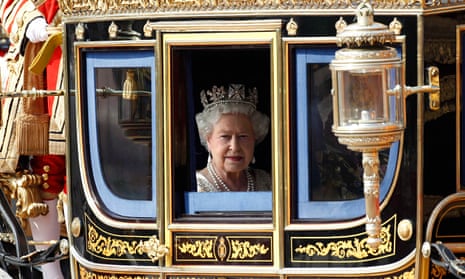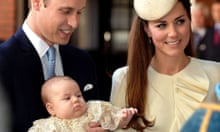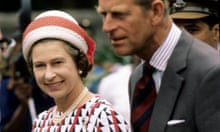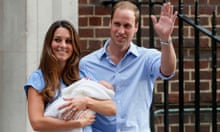To become a citizen of Canada, you must take the following oath: I swear (or affirm) that I will be faithful and bear true allegiance to Her Majesty Queen Elizabeth the Second, Queen of Canada, her heirs and successors, and that I will faithfully observe the laws of Canada and fulfil my duties as a Canadian citizen.
I’ve been living in Montreal for a year. I love it. I’m impressed by the grassroots social movements. The arts scene mixes world-class talent with community feeling and flavour. I can’t believe how politically engaged my students are. And the interplay of First Nations, francophone, anglophone and new immigrant cultures makes this city extraordinarily complex and exciting.
I want to be a citizen of Canada. I want to contribute to Québécois and Canadian political life. But I don’t want to swear an oath of allegiance to the Queen.
As a socialist, hereditary power is anathema to my political conscience; I’m baffled by otherwise egalitarian people who are okay with aristocrats inheriting the position of head of state. As an Irish person, I’m aware of the historical oppression of my people and culture by British colonialism, and while I’m grateful that Queen Elizabeth II has in recent years made efforts to honour the Republic, I have no desire to proclaim myself her subject.
Unsurprisingly, I’m not the only immigrant to Canada to feel this way. Michael McAteer, Simone Topey and Dror Bar-Natan have been fighting a legal battle to obtain citizenship without the oath. McAteer and Bar-Natan have political objections like mine, and Topey, a Rastafarian, has religious objections. On Wednesday, the Ontario Court of Appeal threw out their case, ruling that the oath did not violate freedom of conscience, religion or expression, and that even though Canadian-born citizens never have to swear it, it is not discriminatory to require new citizens to do so.
There goes my hope for becoming Canadian without becoming a monarchist. So, do I say the words and get the goodies or do I hold fast to my principles? On the one hand, I don’t have to uphold the oath – no one is going to come knocking to ensure I support the Queen and her heirs in my life as a Canadian citizen. On the other, I believe words and symbols are powerful, that the way we use them shapes the world and our identities. Taking the oath makes me the kind of person who’s willing to condone hereditary power for personal reward.
The court of appeal ruled that new citizens were not “literally” swearing allegiance to the Queen but “symbolically” to Canada’s “form of government and the unwritten constitutional principle of democracy”. I find this unconvincing. As a symbol, the Queen can be read in many ways, even within the limits of the Canadian political context (just ask First Nations communities). So if the goal is to swear allegiance to government and democracy, then why not choose a symbol that represents these things less problematically? The flag, perhaps? Or, why not offer a literal oath in lieu of a symbolic one? If the answer to this is that the Queen is an integral and indispensable part of Canada’s form of government, then the oath is clearly not symbolic at all, but literal.
The lawyer for the government, Kristina Dragaitis, told the court that in terms of Canadian government, the Queen symbolised the rule of law and the right to free speech. This is ironic given that in September, when the case was thrown out of the superior court, the judge conceded that the oath infringed on the right to free expression, but ruled it did so only minimally. Justice Edward Morgan also advised against taking the oath literally, saying it symbolised allegiance to an “equality-protecting Canadian institution”. I’m not sure I’ve ever heard a greater contradiction in terms than the suggestion that hereditary power symbolises equality.
Essentially, all these voices are arguing that, in swearing allegiance to the Queen, new Canadian citizens are not, in fact, swearing allegiance to the Queen. By this logic, could someone please explain why I need to swear allegiance to the Queen?
I would promise happily to uphold Canada’s form of government, democratic principles, rule of law and traditions of free speech and egalitarianism.
An editorial from the Globe and Mail, one of Canada’s largest national newspapers, on the subject does less skirting around ideology. It says: “The Crown is a powerful and historic symbol. Far from diminishing Canadian citizenship, it enhances Canada.” And here we have the real rationale laid bare: monarchy is good. If you don’t agree, you don’t get in. I don’t agree. I guess I don’t get in.





